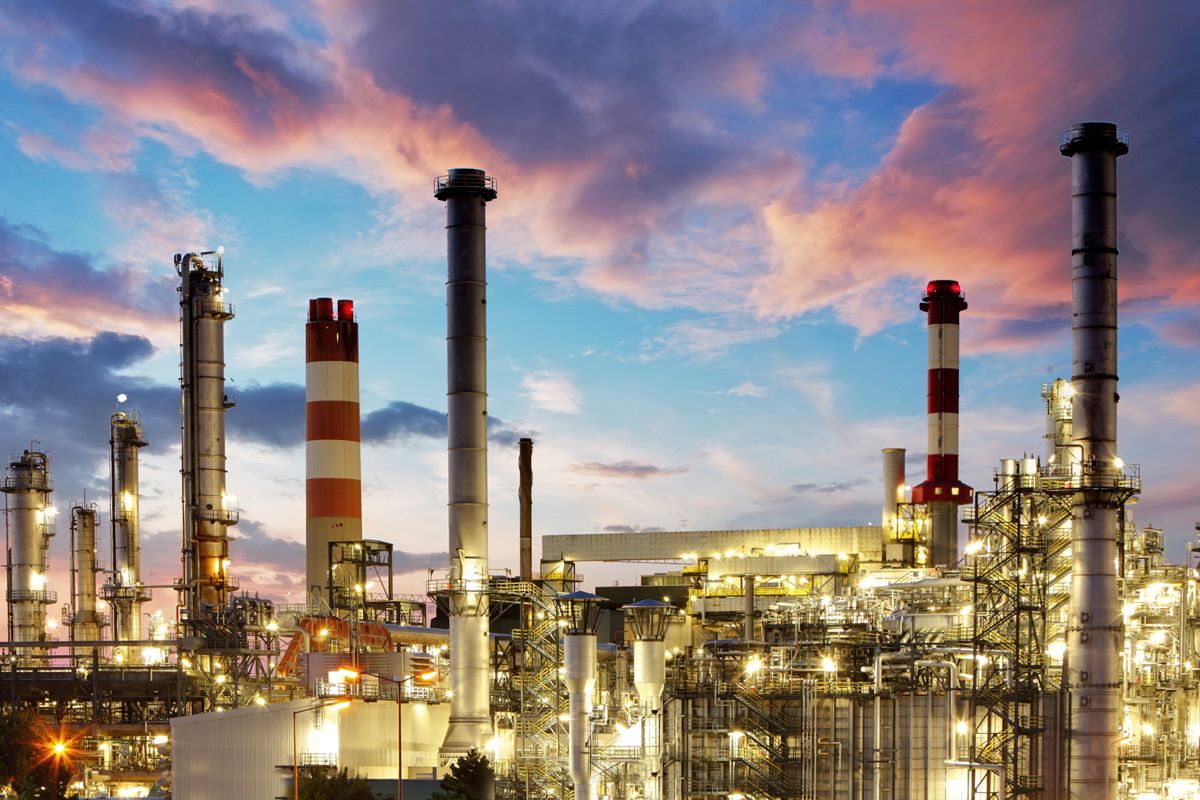
Refining is a process that transforms raw materials into valuable products. Ever wondered how crude oil becomes gasoline or how metals are purified for use in electronics? Refining plays a crucial role in our daily lives, from fueling cars to powering smartphones. This intricate process involves separating, purifying, and enhancing raw substances to meet specific standards. Whether it's oil, metals, or even sugar, refining ensures the end products are safe, efficient, and high-quality. Understanding the basics of refining can shed light on the complex journey from raw material to finished product. Let's dive into 24 fascinating facts about this essential process!
What is Refining?
Refining is a process that transforms raw materials into valuable products. It’s essential in industries like oil, metal, and sugar. Here are some fascinating facts about refining.
-
Refining has ancient roots. The process dates back to ancient civilizations, where people refined metals like gold and silver.
-
Oil refining began in the 19th century. The first modern oil refinery was built in 1856 in Romania.
-
Refining involves multiple steps. These include distillation, cracking, and reforming to separate and convert raw materials.
-
Catalysts play a crucial role. They speed up chemical reactions without being consumed, making refining more efficient.
-
Refining impacts everyday life. Products like gasoline, plastics, and even cosmetics come from refined materials.
Types of Refining
Different industries use various refining methods tailored to their specific needs. Let’s explore some types of refining.
-
Oil refining produces fuels. This process converts crude oil into gasoline, diesel, and jet fuel.
-
Metal refining purifies ores. Techniques like smelting and electrolysis extract pure metals from their ores.
-
Sugar refining removes impurities. Raw sugar is processed to produce the white sugar commonly used in households.
-
Salt refining ensures purity. Sea salt or rock salt undergoes purification to remove contaminants.
-
Chemical refining creates pure compounds. This method isolates specific chemicals from mixtures for industrial use.
Environmental Impact of Refining
Refining processes can have significant environmental effects. Understanding these impacts is crucial for sustainable practices.
-
Refining emits greenhouse gases. Processes like oil refining release CO2 and other pollutants into the atmosphere.
-
Water pollution is a concern. Wastewater from refineries can contaminate local water sources if not properly treated.
-
Refining generates hazardous waste. By-products like heavy metals and toxic chemicals require careful disposal.
-
Energy consumption is high. Refining processes are energy-intensive, contributing to resource depletion.
-
Efforts to reduce impact are ongoing. Innovations in technology aim to make refining more eco-friendly.
Economic Importance of Refining
Refining plays a vital role in the global economy, supporting various industries and creating jobs.
-
Refining adds value to raw materials. By transforming raw inputs into valuable products, refining boosts economic value.
-
It supports numerous industries. Sectors like transportation, manufacturing, and agriculture rely on refined products.
-
Refining creates employment. Jobs in refineries, research, and related fields provide livelihoods for millions.
-
It drives technological advancements. The need for efficient refining spurs innovation in engineering and chemistry.
-
Global trade depends on refining. Refined products are major exports for many countries, influencing international trade dynamics.
Challenges in Refining
Despite its benefits, refining faces several challenges that need addressing for future sustainability.
-
Resource depletion is a major issue. Finite resources like crude oil and metal ores are being consumed rapidly.
-
Regulatory compliance is complex. Refineries must adhere to strict environmental and safety regulations, which can be costly.
-
Technological advancements are needed. Continuous improvement in refining technology is essential to meet growing demands.
-
Balancing efficiency and sustainability is tough. Refineries must find ways to operate efficiently while minimizing environmental impact.
Final Thoughts on Refining
Refining plays a crucial role in transforming raw materials into valuable products. From crude oil to precious metals, the process involves complex techniques that ensure purity and quality. Whether it's fractional distillation or electrolytic refining, each method has its unique advantages. Understanding these processes not only highlights the importance of refining in our daily lives but also underscores the technological advancements that make it possible. By grasping these facts, we gain a deeper appreciation for the industries that rely on refining to produce everything from fuel to jewelry. So next time you fill up your car or wear a gold necklace, remember the intricate processes that made it all possible. Knowledge of refining enriches our understanding of both the products we use and the world around us.
Was this page helpful?
Our commitment to delivering trustworthy and engaging content is at the heart of what we do. Each fact on our site is contributed by real users like you, bringing a wealth of diverse insights and information. To ensure the highest standards of accuracy and reliability, our dedicated editors meticulously review each submission. This process guarantees that the facts we share are not only fascinating but also credible. Trust in our commitment to quality and authenticity as you explore and learn with us.


